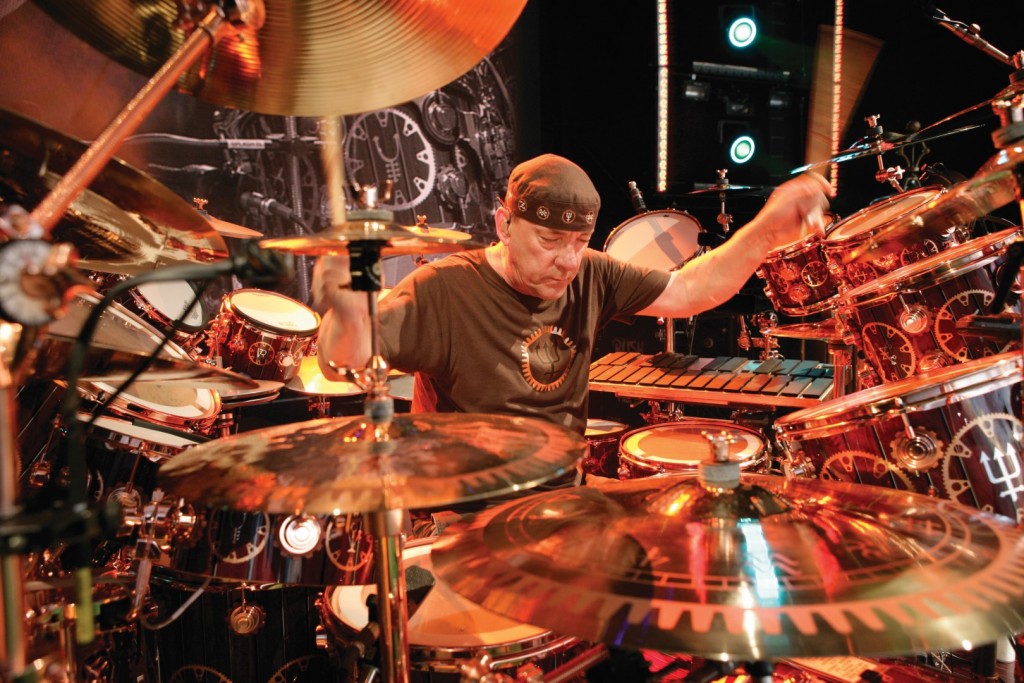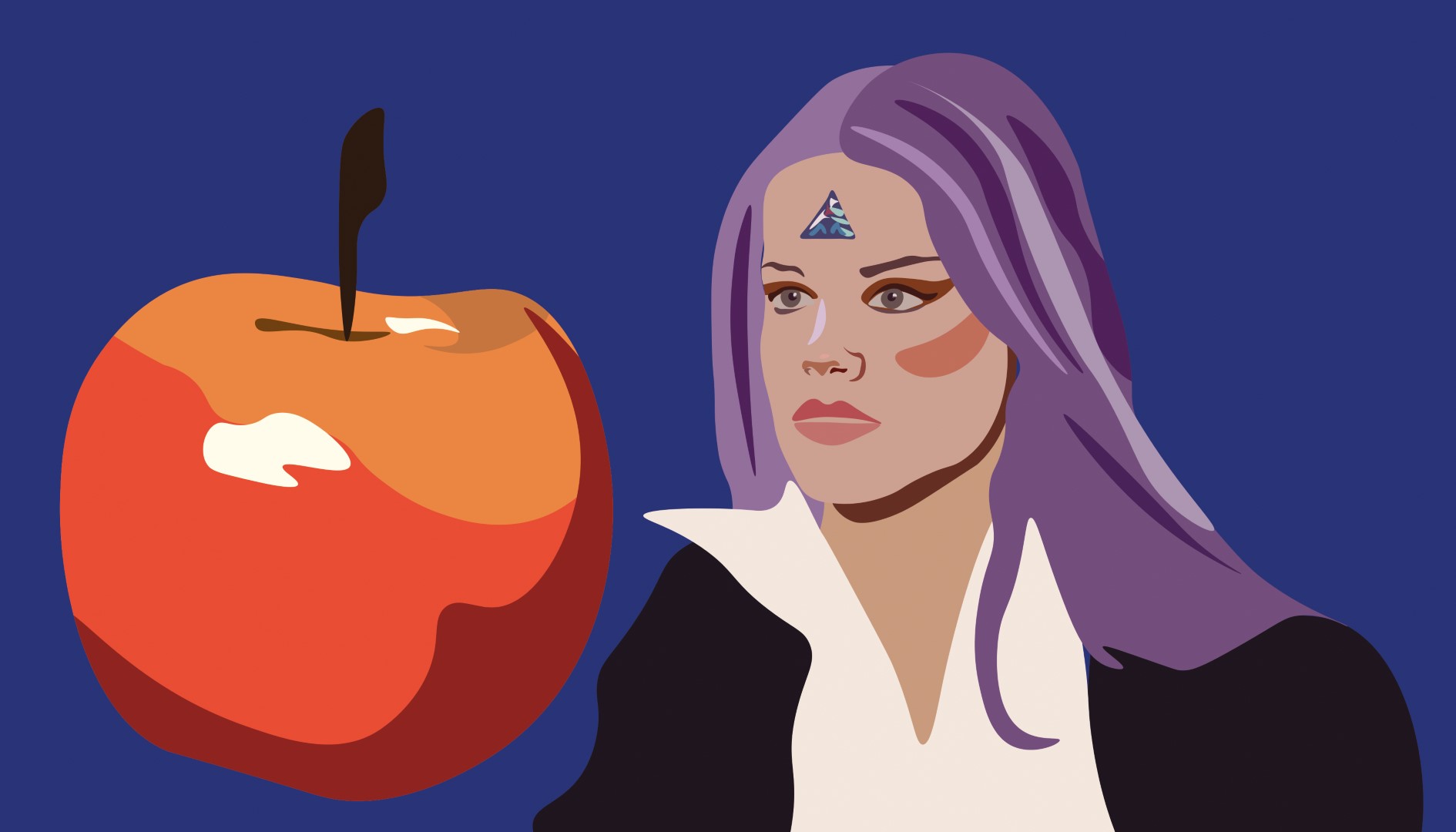
The modern human condition is disguised in old country timbre
By CJ Sommerfeld, Staff Writer
4.5/5
“ A lot of folks call my work ‘cosmic country,’ ” — Dougie Poole
Synth-country artist Dougie Poole released a new album earlier this summer. Its title—The Freelancer’s Blues—is comically relevant to many writers and other artists who try to make a fiscal living via their art. This record begs the listener to recognize how modern-day themes have been added to those traditional ones in old country tunes. The Other Press had the chance to ask Poole some questions about his new album, giving perspective to its twenty-first-century themes.
Poole is a synth-cowboy based in Brooklyn, New York. His previous works include single Olneyville System Special and full-length album Wideass Highway. While these personal works are both derivatives of country, his sounds were not always restricted to their current honkey-tonk perimeters. Prior to finalizing his sound, he toured with synth-pop artist Jerry Paper. Perhaps this is what the interjections of synth in his current country projects were influenced by. Generating a hybrid genre such as synth-country is salient in inaugurating something undiscovered and unheard; Poole’s mash of genres is genius.
The Freelancer’s Blues album cover arrays this mash of ideas. Poole explains how the cover’s art came to be in an email interview with the Other Press, “[It] is a collaboration with an artist named Maren Jensen, […] an old friend of mine. She makes beautiful, highly detailed colored pencil drawings. I made her a mood board when I was trying to capture the vibe of what I wanted on the cover. I can’t remember everything that was on it, but it definitely included lot of blue china plates, and the cover for The Byrds’ ‘Sweetheart of the Rodeo.’”
Just as country songs often do, the tracks heard on The Freelancer’s Blues tell stories. These narratives—perhaps fictional, perhaps not, are relatable to the multifaceted, modern human condition. The album’s first track, “Vaping on the Job” may be alluding to something other than it directly references—being consumed in a less than favorable workforce. Poole says otherwise, noting how the song relates to his own work situation. “Like the majority of other musicians, and other artists, I spend a lot of my time working other jobs to support myself.” The song’s lyrics describe this well-known narrative: “Michelle turned in her BFA for a CDL/And now she drives that box truck fifty hours a week/She don’t paint anymore; she misses it for sure/But who’s got the time?”
The album’s second track, “Los Angeles” outlines a similar modern-day predicament: the uncertainty that option brings. The melody’s chord progressions hinder to Dolly Parton’s “Jolene,” injecting familiarity to the cosmic tune. Instead of begging a red-headed bank teller to not steal the protagonist’s lover, however, the listener is trailed along with their transforming thoughts while driving cross-country. When asked if Parton’s “Jolene” was inspiration for the tune, Poole replied “‘Los Angeles’ used to sound very different—originally it was slower, and in a major key. It always felt like it was missing something, […] when I sat down to change it I must have been thinking of the ‘Jolene’ riff […] the similarity is undeniable. But at the time, Dolly didn’t occur to me. I was listening a lot to Fleetwood Mac’s “Big Love” and Glen Campbell’s ‘If This Is Love.’”
A good trip that has dulled with use and time is described in “These Drugs Aren’t Working.” When asked if drugs were a metaphor, Poole replied “I don’t think about metaphors too much when I’m writing. […] I don’t have that poetic skill really, to let my mind run wild like that. I get very hung up on things making sense.” He elaborates on metaphors by saying “A lot of folks call my work ‘cosmic country,’ which is funny to me because I think most of my work is pretty firmly grounded on earth, in real experiences. I wish I could get cosmic with my metaphors, my associations, but I can’t really. I don’t do a ton of drugs, but I’ve done enough for them to have stopped working, […] ‘These drugs aren’t working anymore’ is just a real thought I’ve had about a real feeling. In that sense, I don’t think of it as a metaphor, but it did occur to me that the arc of that feeling, the way excitement fades with time and repetition, bears some similarity to the arc that a romance can often take.”
The last track, the tune which the album is named after, “The Freelancer’s Blues,” opens with reverberate and baritone vocals reminiscent of Canadian city cowboy Daniel Romano. “I chose it for the title of the record because I think the concept of ‘freelancing’ reverberates through a lot of the other tunes,” Poole tells the Other Press. “Freelancing is a common occupational practice, obviously, but I think that we can also freelance romantically, or spiritually, or socially.” The tune uncovers a not-so-classic country theme, similar to the album’s first track: the suffocation and toxicity of comfortabilities in life. And while woozy pedal steel punctures the melody, reviving the paragon country timbre, one must ask themselves if such plights are modern, or simply a new version of life in comparison to when the genre first came about.


